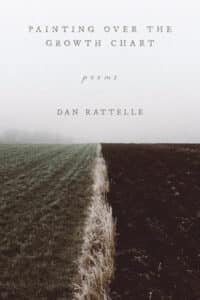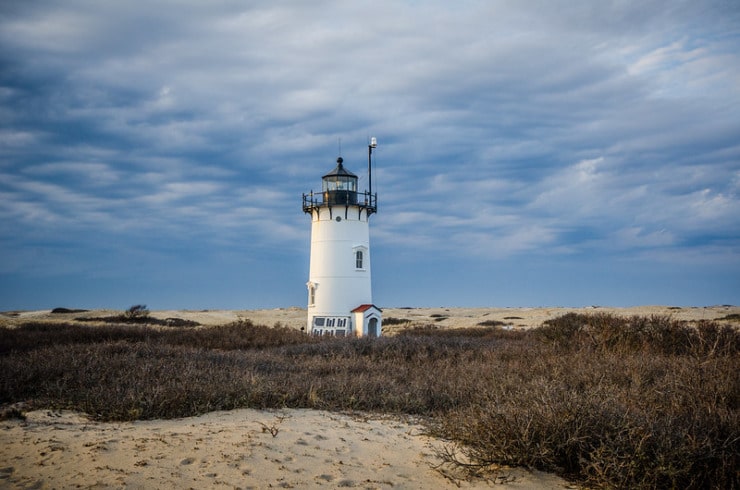Dan Rattelle understands spaces and the people who inhabit them
When I read The Commonweath: Poems, a chapbook by Dan Rattelle, I was struck by the poet’s sense of place, whether it was a Puritan churchyard, a bar in Scotland, or even a cemetery. The poems had a simplicity and a sense of wonder, both of which were rooted in, for lack of a better term, localism. For if the poems had anything in common, it was rootedness.
That’s no surprise, given that Rattelle has lived all of his life in western Massachusetts, except for the time he was attending the University of St. Andrews in Scotland. He was working on his MFA degree, which he’s now earned, and he returned to western Massachusetts. I understand his poetic interest in cemeteries, because that’s what he does now, managing two of them when he’s not writing poetry.
His MFA thesis at St. Andrews is entitled “The Meetinghouse.” It includes many of the poems in his chapbook. And it’s become his first full collection of poetry, Painting Over the Growth Chart. It has the same sense of simplicity and rootedness as his chapbook. It also demonstrates the growth of the poet.
When I saw the title, I knew what the poem would be about. We had a growth chart, too, on our kitchen wall right where it cornered into the hall. It was something of a ritual for my wife to mark the growing heights of our two sons with thin pencil lines. And like the title of the collection indicates, our growth chart has long since been painted over.
The sense of place includes the understanding of the people inhabiting that space, which Rattelle expands upon in Painting Over the Growth Chart. The people include a biblical character, a girl looking into a bookshop window, the brother of a dead boy, a distiller (there’s the Scot influence), a baker, and even a potter.
Potter

the cup, the pot, a pitcher.
She pinches out the lip—
plain water for the table.
Clay keeps her fingerprints
like glacier lines in granite.
She cranks the wheel by foot,
paints fish on crockery
thistles in coffee cups
Without a muse, she works
the still point, keeps her clay
for common use.

Dan Rattelle
These are poems about recognizable places and people. Rattelle has a poet’s eye for the beauty of the commonplace, including the commonplace of death. One of the most moving poems in the collection is the longest, with a beautiful title, “All Rising Is by a Winding Stair.” Occupying some seven pages, it tells the story of a wayward man, named “for the Saint of hopeless cases.” Read it, and you experience the raw reality of life.
Rattelle’s poems and reviews have been published in Modern Age, FORMA, Alabama Literary Review, the Russell Kirk Center, and First Things. He also writes for The Imaginative Conservative, the North American Anglican, and Front Porch Republic. He earned his MFA degree at St. Andrews University and lives in western Massachusetts.
Painting Over the Growth Chart is too short. It makes you want to read more of these fine poems. Until Rattelle writes another collection, I’ll have to be content with rereading this one. Which is not a bad thing.
Related:
Dan Rattelle and The Commonwealth
Photo by m01229, Creative Commons, via Flickr. Post by Glynn Young.
How to Read a Poem uses images like the mouse, the hive, the switch (from the Billy Collins poem)—to guide readers into new ways of understanding poems. Anthology included.
“I require all our incoming poetry students—in the MFA I direct—to buy and read this book.”
—Jeanetta Calhoun Mish
- Longfellow’s “Paul Revere’s Ride”: Creating a National Legend - April 17, 2025
- Poets and Poems: Katie Kalisz and “Flu Season” - April 15, 2025
- Poets and Poems: Michelle Ortega and “When You Ask Me, Why Paris?” - April 10, 2025


Leave a Reply